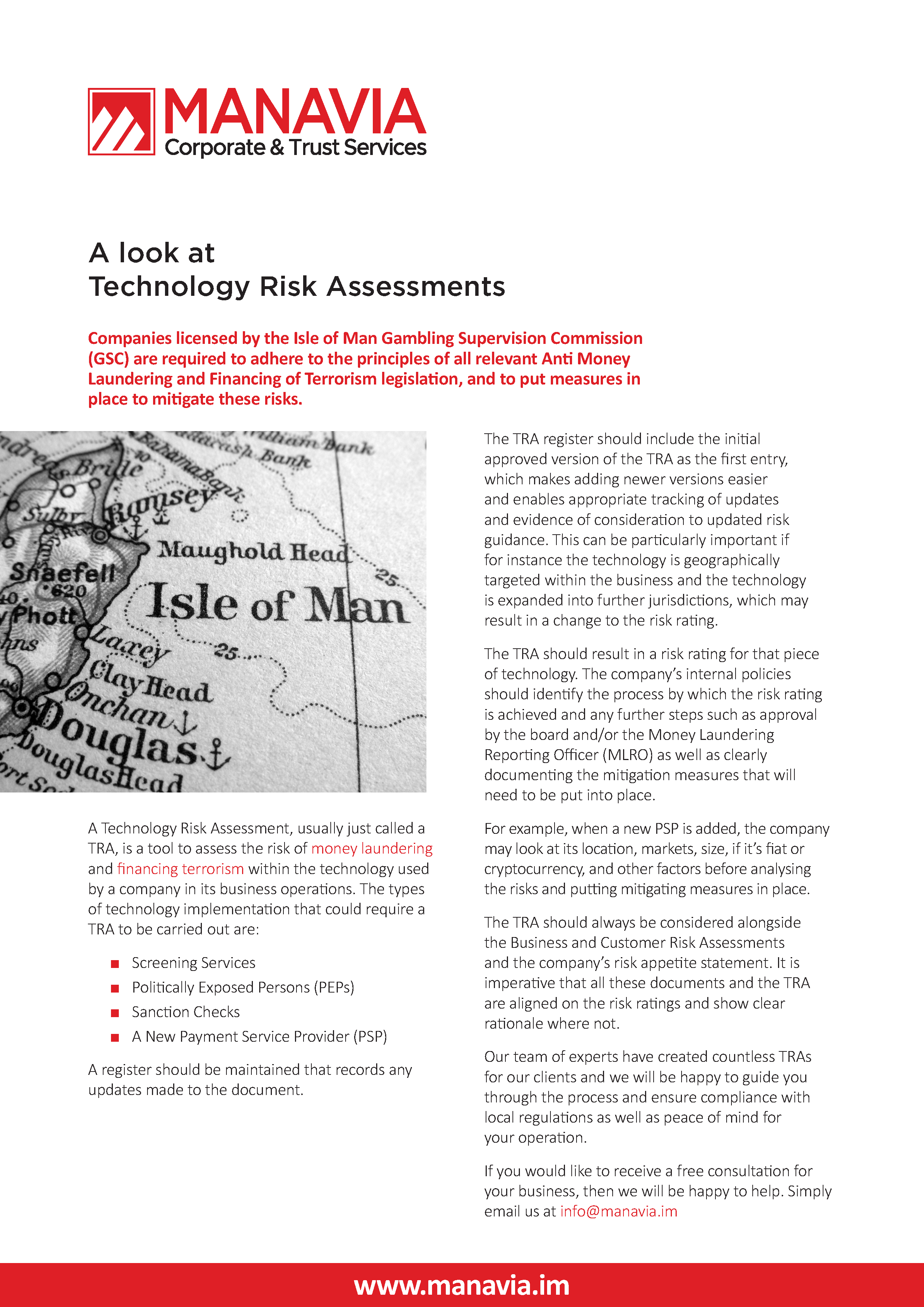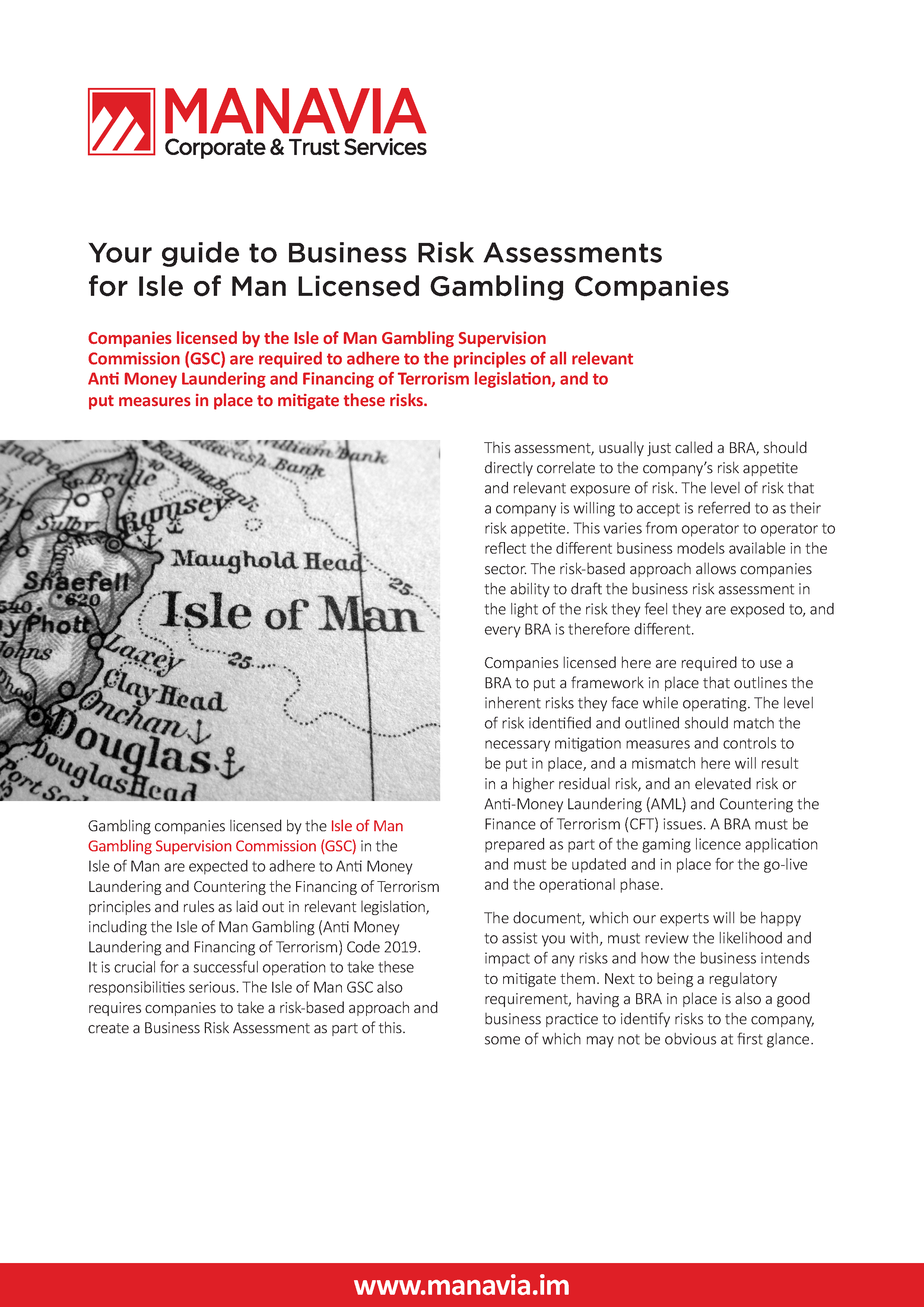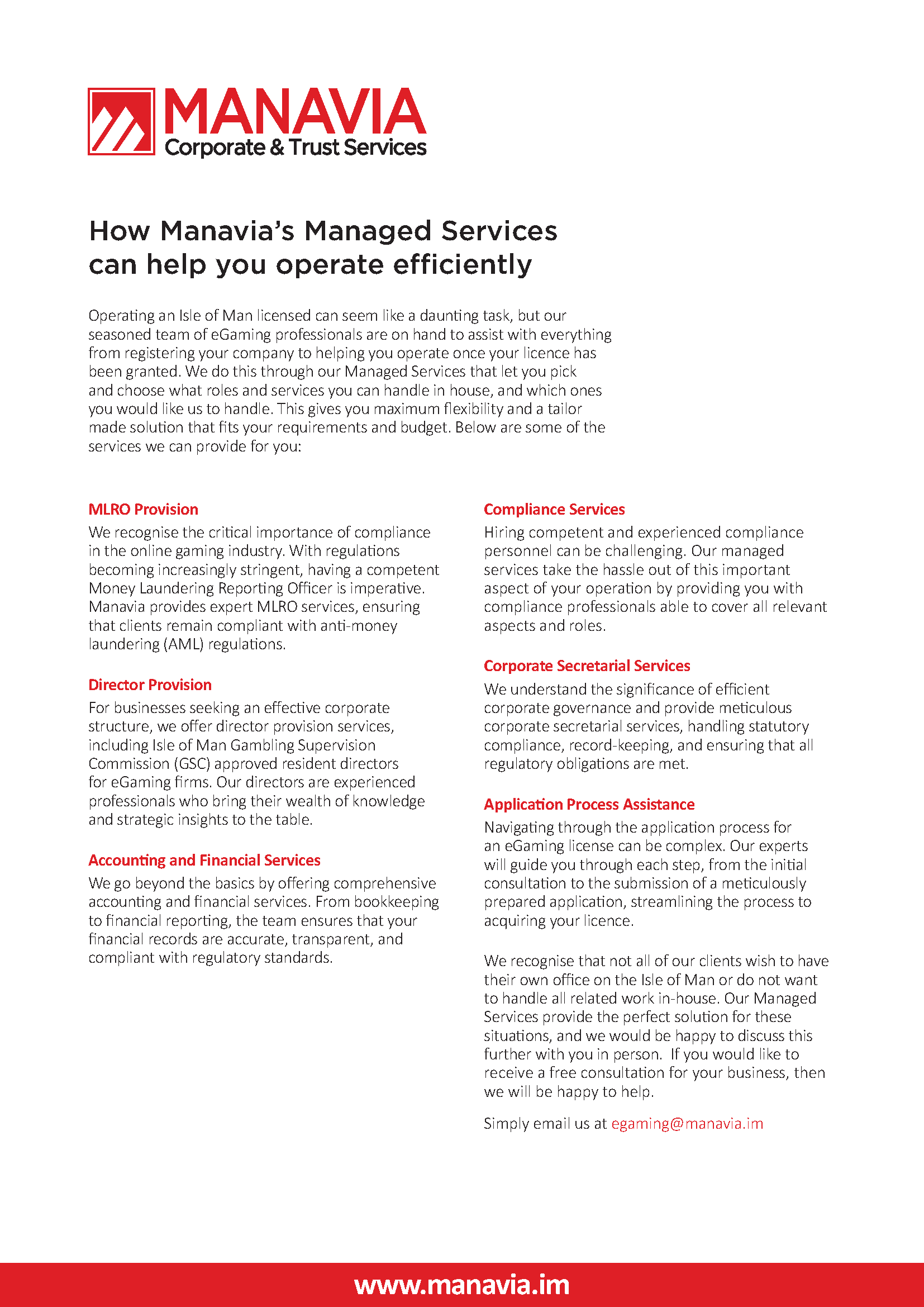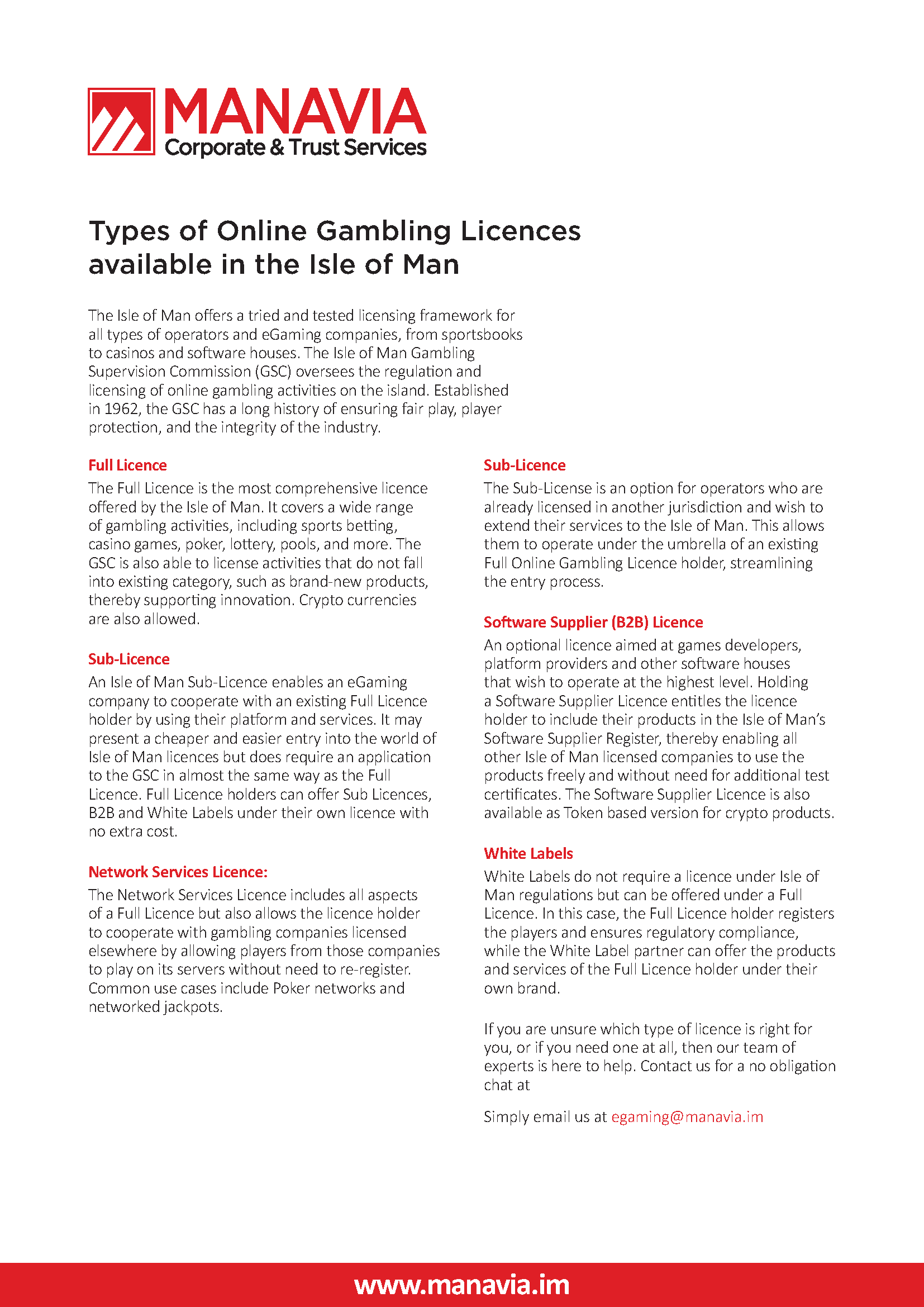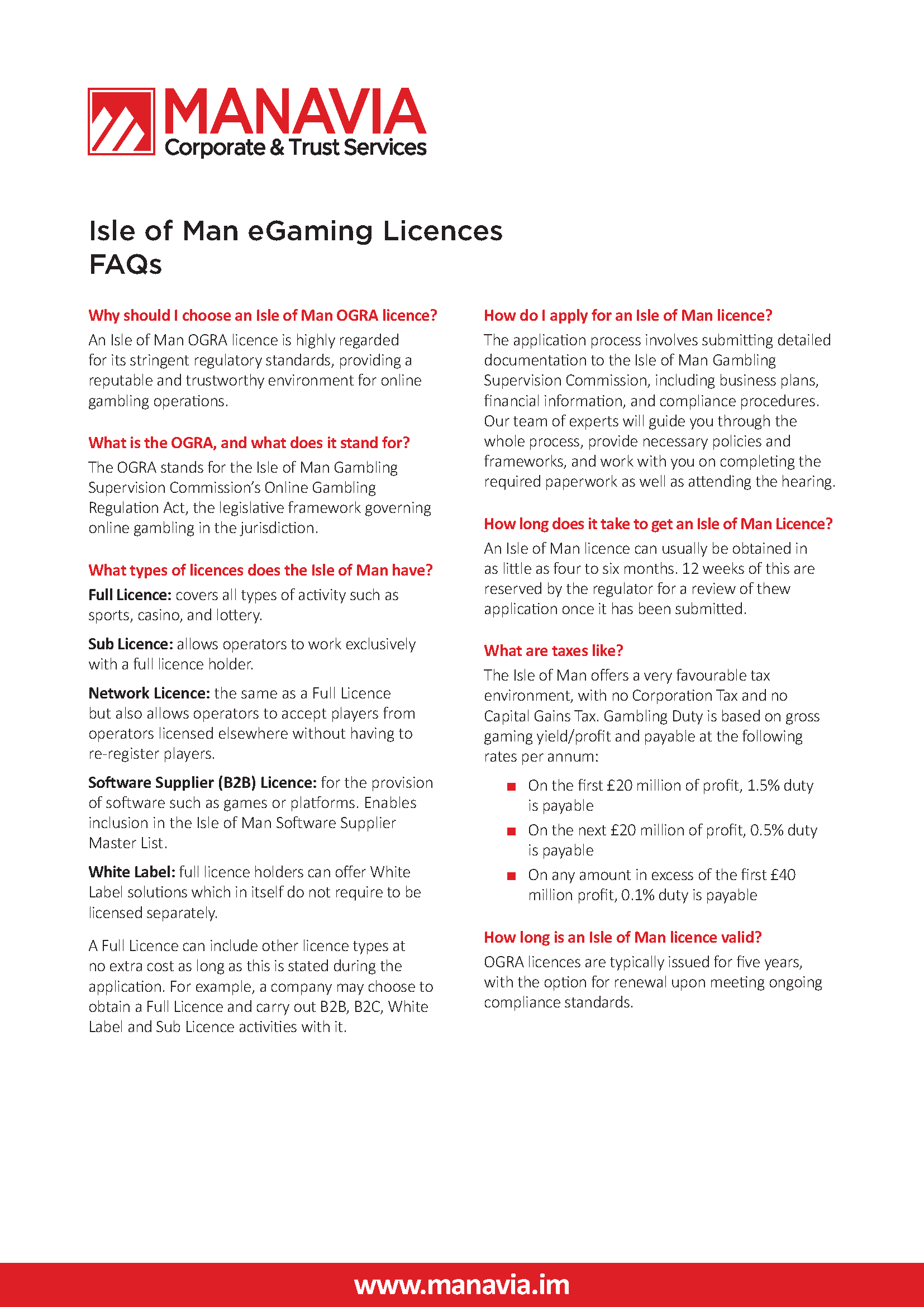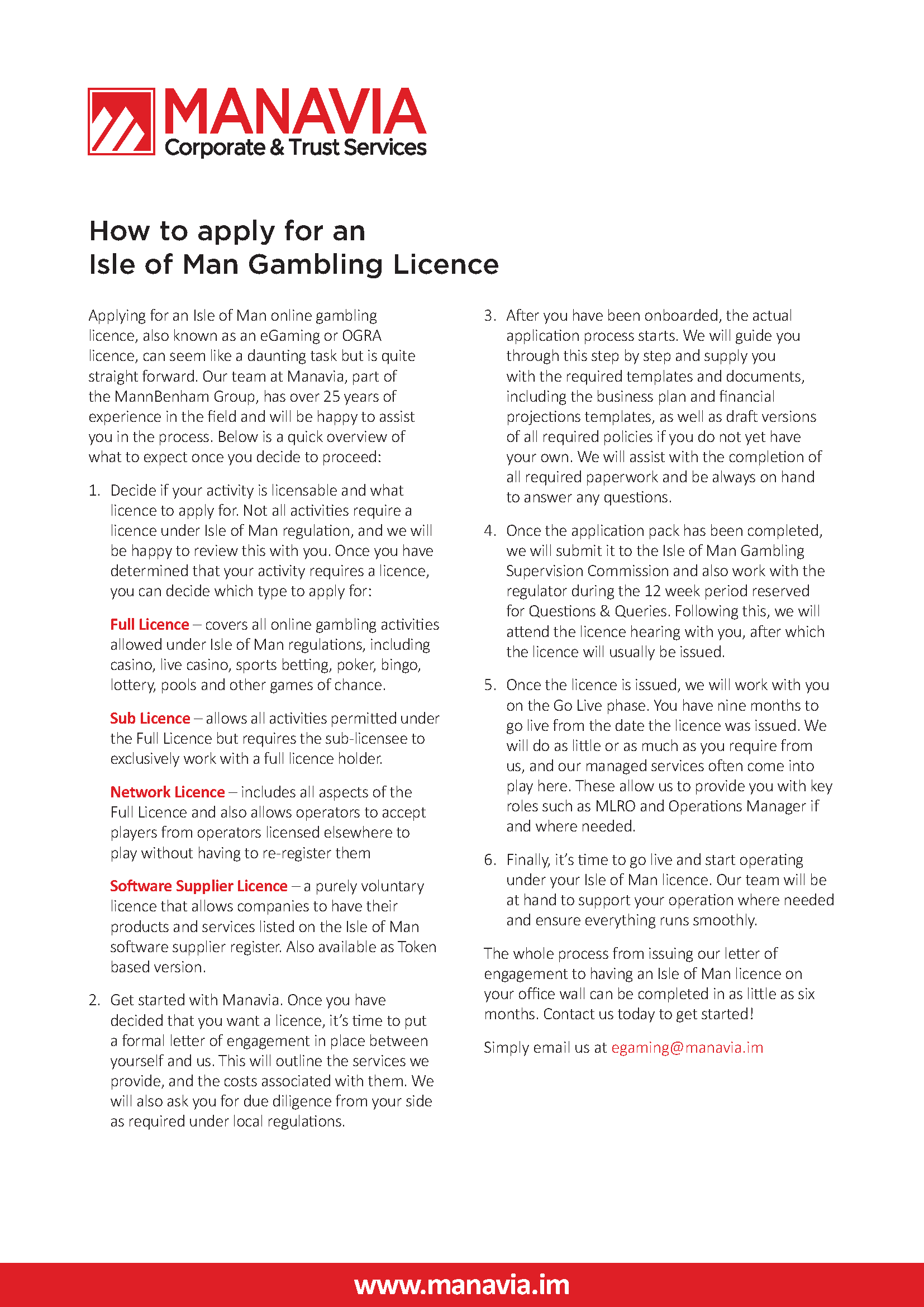
Introduction | Whistle-Blowing
What is a whistleblower?
A person who informs on a person or organisation who are preceived to be engaging in an unlawful or immoral activity.
What does the legislation say is whistleblowing?
You are a whistleblower if you are a worker and you report certain types of wrongdoing.
The wrongdoing must be in the public interest – that means it must affect others.
As a whistleblower you’re protected by law – you should not be treated unfairly or lose your job because you ‘blow the whistle’.
Who can claim whistleblower status?
- An employee
- A trainee
- An agency worker
- A member of a Limited Liability Partnership (LLP)
A whistleblower is protected by law if you report any of the following:
- A criminal offence, i.e. fraud
- Someone’s health and safety is in danger
- Risk or actual damage to the environment
- A miscarriage of justice
- The company is breaking the law
- You believe someone is covering up wrongdoing
Not everything is whistleblowing or personal grievances e.g. bullying, harassment, discrimination are not covered by whistleblowing law unless your particular case is in the public interest.
What is a whistleblowing concern?
A reasonable and honest suspicion a member of staff has about a possible fraud, crime, danger or other serious risk that threatens customers, colleagues, the public or the organisation’s own reputation.
What are an employer’s responsibilities to whistleblowing?
As an employer it is good practice to create an open, transparent and safe working environment where workers feel able to speak up. Although the law does not require employers to have a whistleblowing policy in place, the existence of a whistleblowing policy shows an employer’s commitment to listen to the concerns of workers. By having clear policies and procedures for dealing with whistleblowing, an organisation demonstrates that it welcomes information being brought to the attention of management.
Communicate policy and procedure
Having a policy is a good first step to encourage workers to blow the whistle. However, each organisation needs to let its workers know about the policy and make sure they know how to make a disclosure – some organisations make it really easy to find and choose to publicise their policy via their intranet or through a staff newsletter. If an organisation recognises a trade union, it might develop a policy in consultation with them. It is a good idea for organisations to share the information with all staff regularly to make sure they are all reminded of the policy and procedures and to inform any newcomers. Providing training at all levels of an organisation on the effective implementation of whistleblowing arrangements will help to develop a supportive and open culture.
How?
When someone blows the whistle, an organisation should explain its procedures in detail, so that the implications and processes are fully understood.
Confidentiality
There may be good reasons why a worker wishes their identity to remain confidential. The law does not compel an organisation to protect the confidentiality of a whistleblower. However, it is considered best practice to maintain that confidentiality, unless required by law to disclose it. Managers dealing with whistleblowing concerns should be briefed to ensure they understand how to handle the disclosure and protect personal information. It will help to manage the expectations of whistleblowers if the risk that some colleagues may still speculate about who has raised the concern is explained to them.
Anonymous information will be just as important for organisations to act upon.
Workers should be made aware that the ability of an organisation to ask follow up questions or provide feedback will be limited if the whistleblower cannot be contacted. It may be possible to overcome these challenges by using telephone appointments or through an anonymised email address. Workers should be made aware that making a disclosure anonymously means it can be more difficult for them to qualify for protections as a whistleblower. This is because there would be no documentary evidence linking the worker to the disclosure for the employment tribunal to consider.
What is wrongdoing?
The act or an instance of doing something immoral, unethical or illegal; serious wrongdoing could include:
- Unlawful, corrupt or irregular use of public money or resources.
- Conduct that poses a serious risk to public health, safety, the environment or the maintenance of the law.
- Any criminal offence.
- Gross negligence or mismanagement by public officials.
Disclosure or grievance?
Sometimes an employee believes they are blowing the whistle when, in fact, their complaint is a personal grievance. Workers who make a disclosure under an organisation’s whistleblowing policy should believe that they are acting in the public interest. This means in particular that personal grievances and complaints are not usually covered by whistleblowing law. It is important that any policy, procedures and other communications make this clear.
Sometimes an employee believes they are blowing the whistle when, in fact, their complaint is a personal grievance. Workers who make a disclosure under an organisation’s whistleblowing policy should believe that they are acting in the public interest. This means in particular that personal grievances and complaints are not usually covered by whistleblowing law. It is important that any policy, procedures and other communications make this clear.
Promoting a policy and making sure it is easily accessible
It’s no good having a policy in place if no one knows about it. Actively promoting a policy shows the organisation is genuinely open to hearing concerns from its staff. Managers and leaders in the organisation can also promote a policy in the way they behave at work. Conduct and written policies will help to create an open culture, which will increase the likelihood of a worker speaking up about any wrongdoing they come across. Written policies are not enough. Training should be provided to all staff on the key arrangements of the policy. Additional training should be provided to those with whistleblowing responsibilities, such as managers or designated contacts, so they are able to provide guidance confidently to workers. Managers should also lead by example and ensure they are committed to creating an open culture where disclosures are welcome. It is also a good idea to include handling whistleblowing disclosures as part of discipline and grievance training for managers and staff. Training should be offered at regular points to make sure it stays fresh in managers’ minds and to capture any newcomers to the organisation.
Deciding how to deal with the whistleblowing disclosure
Where a worker feels able to do so they may make a disclosure to their immediate manager who will be able to decide whether they can take forward the disclosure or whether it will require escalation. An organisation will need to equip managers with the knowledge and confidence to make these judgements. A whistleblowing policy and training can help with this. Larger organisations may have a designated team who can be approached when workers make a disclosure. Although this may not be possible for smaller organisations, it is 7 Whistleblowing: Guidance for Employers considered best practice that there is at least one senior member of staff as a point of contact for individuals who wish to blow the whistle. This is particularly helpful in cases where the immediate line management relationship is damaged or where the disclosure involves the manager. Alternatively, there are commercial providers who will manage a whistleblowing process on the employer’s behalf.
Dealing with disclosures
Once a disclosure has been made it is good practice to hold a meeting with the whistleblower to gather all the information needed to understand the situation. In some cases, a suitable conclusion may be reached through an initial conversation with a manager. In more serious cases there may be a need for a formal investigation. It is for the organisation to decide what the most appropriate action to take is. It is important to note that if an investigation concludes that the disclosure was untrue it does not automatically mean that it was raised maliciously by a worker.
When dealing with disclosures, it is good practice for managers to:
- Have a facility for anonymous reporting
- Treat all disclosures made seriously and consistently
- Provide support to the worker during what can be a difficult or anxious time with access to mentoring, advice and counselling
- Reassure the whistleblower that their disclosure will not affect their position at work
- Document whether the whistleblower has requested confidentiality
- Manage the expectations of the whistleblower in terms of what action and/or feedback they can expect as well clear timescales for providing updates
- Produce a summary of the meeting for record keeping purposes and provide a copy to the whistleblower
- Allow the worker to be accompanied by a trade union representative or colleague at any meeting about the disclosure, if they wish to do so
- Provide support services after a disclosure has been made such as mediation and dispute resolution, to help rebuild trust and relationships in the workplace
It will be useful to document any decisions or action taken following the making of a disclosure by a worker. It is also good practice for organisations to:
- Record the number of whistleblowing disclosures they receive and their nature
- Maintain records of the date and content of feedback provided to whistleblowers
- Conduct regular surveys to ascertain the satisfaction of whistleblowers.
What happens when a worker blows the whistle to someone other than their employer?
Ideally workers will feel able to make a disclosure to their organisation. Good policies and procedures for handling whistleblowing will help encourage this. However, there may be circumstances where they feel unable to. There are other ways, some of which are set out in law, that a worker may make a disclosure without losing their rights under whistleblowing law. One option for external disclosures of this type is prescribed persons. Prescribed persons are mainly regulators and professional bodies but include other persons and bodies such as MPs. The relevant prescribed person depends on the subject matter of the disclosure.
What happens if a whistleblower believes they have been unfairly treated?
If a whistleblower believes that they have been unfairly treated because they have blown the whistle, they may decide to take their case to an employment tribunal. The process for this would involve attempted resolution through the Advisory, Conciliation and Arbitration Service (ACAS) early conciliation service.
How we can assist you
Our expert legal team will provide the support and advice you need, accompanying you, or attending on your behalf at any hearing or meeting. You will very quickly discover the benefits of dealing with MannBenham – with direct access to highly skilled and experienced legal practitioners within employment law; all who will focus on your core needs taking the pressure off of you. We provide specialist legal advice accompanied by extensive knowledge and experience which ensures we cover every aspect of your matter at hand.
If you have concerns but you aren’t sure how to raise them or want advice about good practice, you can call us today on +44 (0)1624 639350 or email via [email protected] and book a no obligtion intitial consultation.


